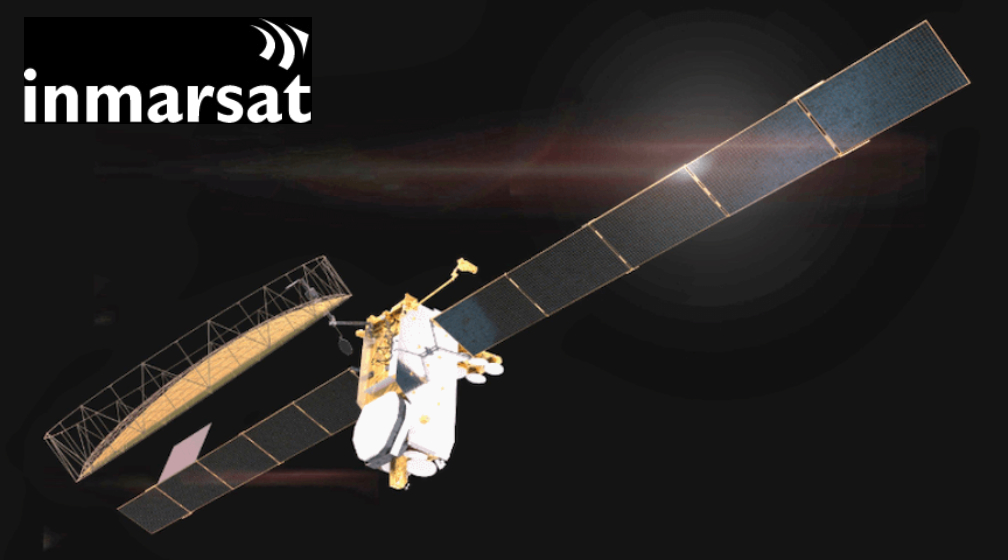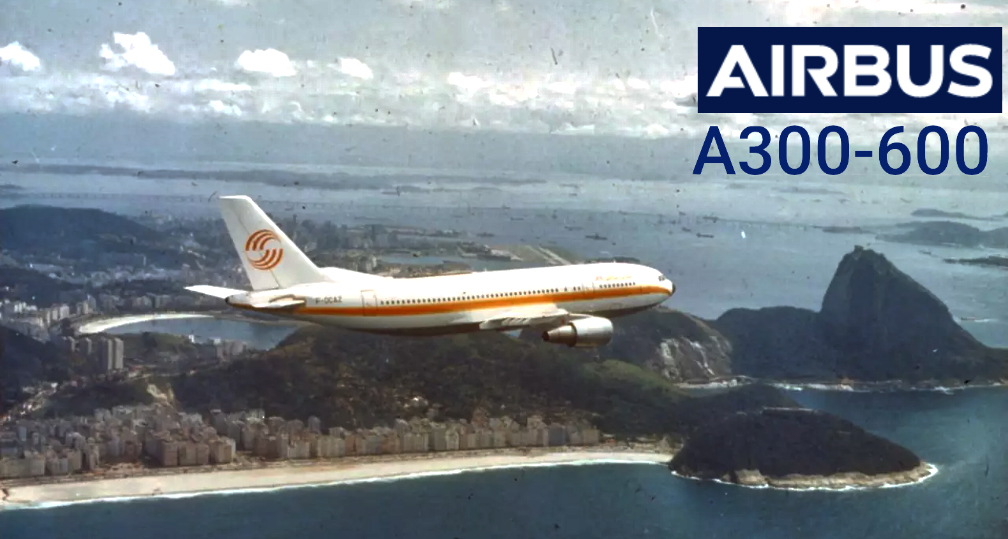
Inmarsat has agreed with Airbus Defence and Space to deliver its I-6 F2 satellite via a series of ‘stepping stones’ across the Atlantic using Airbus’ A300-600ST (Super Transporter). The aircraft is better known as Beluga, thanks to its striking similarity with the species of whale.

The satellite will depart its testing facility in Toulouse, France, and make several stops for refueling before reaching the Kennedy Space Center in Florida. Spacecraft experts will then have approximately three weeks for final testing and integration of spacecraft with the rocket before I-6 F2 launches on a SpaceX Falcon 9 in February.
Inmarsat’s two I-6 satellites (the first was launched in December 2021) will provide communications coverage for more than 15 years from GEO… 36,000 km above the Equator.
I-6 F2 is a dual-payload satellite, which means it can transmit signals in both Inmarsat’s L- and Ka-band frequencies and is the next step in the company’s network of the future, ORCHESTRA, which will vastly upgrade the company’s global connectivity services. ORCHESTRA will deliver increased capacity and faster speeds by creating a ‘network of networks’: integrating Inmarsat’s ELERA (L-band) and Global Xpress (Ka-band) networks with terrestrial 5G and targeted low earth orbit (LEO) satellites, to power global mobility in the future.
This will be only the second time that Airbus will transport a satellite to Florida in this manner since launching its new Airbus Beluga Transport service in early 2022.
Rajeev Suri, CEO, Inmarsat, said, “Building, testing, and launching a satellite is complex enough and I want to thank our talented experts at Inmarsat and Airbus, who have tackled the new transportation challenges faced by I-6 F2. This launch is another step on our journey in delivering the world’s first multi-dimensional network, Inmarsat ORCHESTRA. It will build on our existing space-based capabilities to allow us to provide a transformational growth in capacity and new features for our customers into the 2030s and beyond. That means it will be able to power emerging use cases like autonomous vehicles or flying taxis, for example, as we build a better, smarter, more connected world.”
Francois Gaullier, Head of Telecom Satellites at Airbus, said, “We are delighted to deliver the second I-6 satellite using the Airbus Beluga service for our long-term London based customer, Inmarsat. This state-of-the-art multi-band satellite, again showing Europe is a leader in space innovation, will soon join its twin in orbit offering best-in-class capability to enable Inmarsat to provide services on a global scale.”
